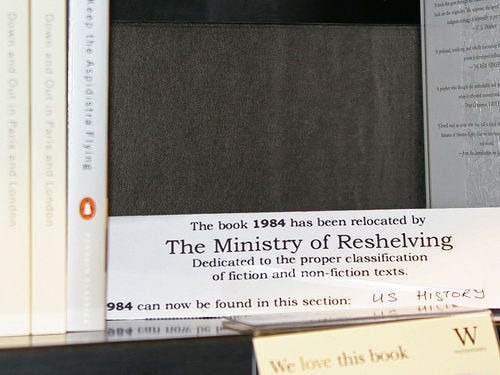
Few quarrel with the opinion that the judiciary is the last bastion protecting free speech in India. The latest Google Transparency Report that shows a 300% (tabulated by Legally India) increase in the number of court ordered take downs challenges this conventional wisdom. However, before jumping to any conclusions lets take a closer look at the data.
prior data
The 300% jump does seem alarming, however it is little less than sensationalistic if is not matched with the actual numbers. The Google Transparency report which usefully catalogs archival information, shows the trends, revealing a definite upswing in the number of of Court Orders as well as take downs which have been called for.
Please find below a table which contains data culled out from the Transparency Reports:
DateNumber of Court OrdersItems Requested to be taken down31.12.20106930.06.201131331.12.20115930.06.201220487
The massive increase from a total of 9 items requested to be removed in the preceding period to 487 has been explained to some degree by the comment that, “In response to a court order, we removed 360 search results. The search results linked to 360 web pages that contained adult videos that allegedly violated an individual’s personal privacy.” However even if we take than one court order into account that still leaves, a jump in numbers to 127 items.
takedowns explained
The transparency report somewhat hints as to the reasons for the Court Orders in as much as it classifies the service on which the takedown was requested as well as the substantive law which on which the Order was based. However beyond letting us know that 13 of the 20 orders were for defamation there is precious little we know.
However, it would not be far for me to hazard a guess that these takedowns are pursuant to interim orders passed by Courts. We have already written on such take downs in the Nirmal Baba and Sri Sri Ravi Shankar case’s where such injunctions have been granted. The Intermediaries Rules, 2011 by providing a clear provision to Courts to make such Orders and also stipulating a 36 hour timeline for compliance is further assisting such takedowns.
Another trend which is noticable is that Google is getting takedown for multiple items requests based on a single court order. My concern as a lawyer is limited to whether the the Court Orders contain these specific URL’s or the Order is allowing plaintiffs to request intermediaries to take down multiple URL’s without them being mentioned in the Order. As a legal nicety this would make the type of injunction a quia timet action which though commonly applied in case involving intellectual property is somewhat peculiar in defamation cases.
Beyond this I am hesitant to comment, since I do not have any information on the specific cases.
a problem of incentives
Another problem in drawing any conclusive proofs or making emphatic statements is that the data set is just too small. It is limited only to one online entity and may not be fully representative. Though the report provides a useful indicator as to the threats to free speech online, The problem remains, transparency.
It is high time we acknowledged that the affected party is not only the author of the content or the aggrieved party but also the reader. This has to be acknowledged in law which clearly marks out the legal obligations of government, courts and service providers to make such disclosures. If you are expecting Google to do this in the absence of law you are expecting too much.
Google is a private profit making corporation. It is not good, bad or evil. It is not your friend, family or government. It is a service provider. In the absence of an incentive or legal compliance to disclose, it has no reason to expend resources towards maintaining records or providing such disclosures. Even though we get a warm fuzzy feeling due to the transparency report and its customer friendliness, it has no reason even to put that out. Infact this measure of goodwill should not make us expect more from it. In sum no blame legally or ethically lies at Google’s door.
If you are looking for someone to blame, then its your government. A government which does not create the right incentives towards disclosure of take down requests which are generated by it. A government which makes the Intermediary Rules, 2011 and despite a parliamentary motion to annul it persists in defending them. A government which certainly has the power to make appropriate laws to address this lack of trust in web blocks and take downs.